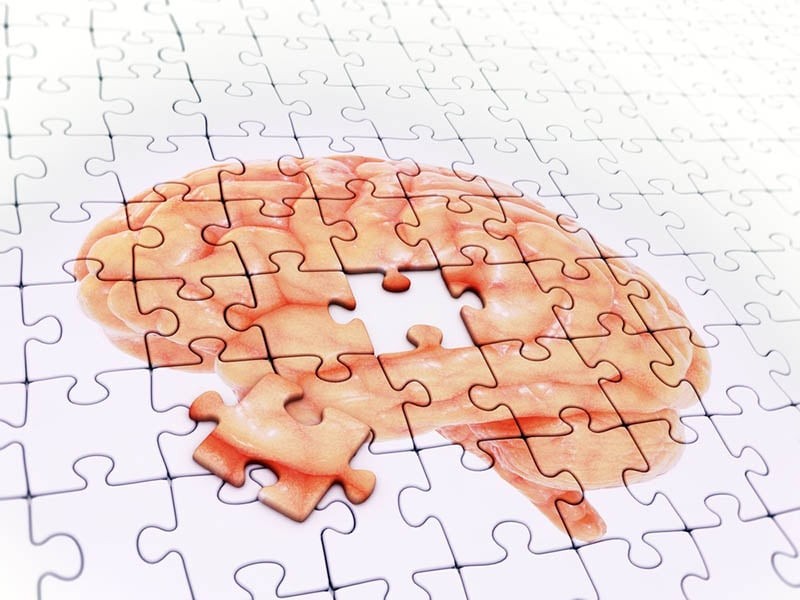
U.S. children with inoperable brain tumors appear to die sooner and find it harder to get care if they live in poorer neighborhoods, a new study finds. Children from higher-income areas had more than double the average survival time than kids from poorer neighborhoods — 480 days versus 235 days, depending if a census tract… read on > read on >






























